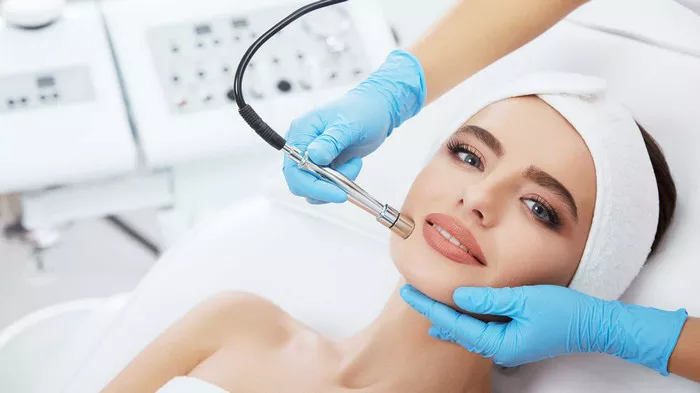Cystic acne is a severe and often painful form of acne that can leave individuals searching for effective treatments to alleviate their symptoms and improve their skin’s appearance. One such treatment that has gained attention is microdermabrasion. In this article, we will explore whether microdermabrasion can be a helpful option for managing cystic acne, the potential benefits and considerations, and alternative treatments to consider.
Understanding Cystic Acne
Before we delve into the potential role of microdermabrasion in managing cystic acne, it is essential to have a clear understanding of this skin condition. Cystic acne is characterized by large, deep, and inflamed pimples that can be painful and cause significant discomfort. These cysts often form beneath the skin’s surface and can leave behind stubborn scars.
How Microdermabrasion Works
Microdermabrasion is a cosmetic procedure that involves the mechanical exfoliation of the skin’s outermost layer. During the procedure, a device with a diamond-tipped or crystal-tipped wand is used to gently remove the dead skin cells, promoting cell turnover and collagen production. This can result in improved skin texture and a reduction in the appearance of mild acne scars and fine lines.
Microdermabrasion and Cystic Acne
While microdermabrasion is effective for addressing certain skin concerns, its role in managing cystic acne is more nuanced:
Exfoliation and Pore Cleaning: Microdermabrasion can help exfoliate the skin and unclog pores. By removing dead skin cells and excess oil, it may reduce the risk of new acne lesions forming.
Scar Improvement: Microdermabrasion may help improve the appearance of mild acne scars left behind by previous cystic acne breakouts. It can promote the growth of new, healthier skin cells and stimulate collagen production.
Limited Effect on Active Cysts: Microdermabrasion is generally not recommended for treating active cystic acne lesions. In fact, attempting to treat inflamed cysts with microdermabrasion can exacerbate the condition, leading to increased inflammation and potential scarring.
Considerations for Microdermabrasion
Before considering microdermabrasion as a treatment for cystic acne, individuals should keep the following considerations in mind:
Severity of Cystic Acne: Microdermabrasion is most effective for mild to moderate forms of acne and acne scarring. If you have severe cystic acne, it may be more appropriate to explore other treatment options first.
Consultation with a Dermatologist: It is crucial to consult with a dermatologist before undergoing any acne treatment, including microdermabrasion. A dermatologist can assess the severity of your acne and recommend the most suitable course of action.
Combination Therapies: Microdermabrasion can be part of a broader skincare regimen that includes other treatments like topical medications or laser therapy for managing cystic acne.
Alternative Treatments for Cystic Acne
In cases where cystic acne is severe or not responding to microdermabrasion, there are alternative treatments to consider:
Prescription Medications: Dermatologists may prescribe oral antibiotics, oral contraceptives, or oral isotretinoin (Accutane) for severe cystic acne.
Topical Retinoids: Topical retinoid creams or gels, such as tretinoin or adapalene, can help prevent clogged pores and reduce inflammation.
Chemical Peels: Chemical peels using salicylic acid or glycolic acid can exfoliate the skin and improve acne.
Laser Therapy: Laser treatments, such as fractional laser or blue light therapy, can target acne-causing bacteria and reduce inflammation.
Conclusion
While microdermabrasion has its merits in improving skin texture and addressing mild acne scarring, its role in managing cystic acne is more limited. It can help with exfoliation, pore cleansing, and scar improvement but is generally not suitable for treating active cystic acne lesions. Individuals with cystic acne should consult with a dermatologist to determine the most appropriate treatment plan, which may include a combination of therapies tailored to their specific needs. Remember that addressing cystic acne requires a comprehensive approach that includes medical intervention and a skincare routine designed to prevent future breakouts.


